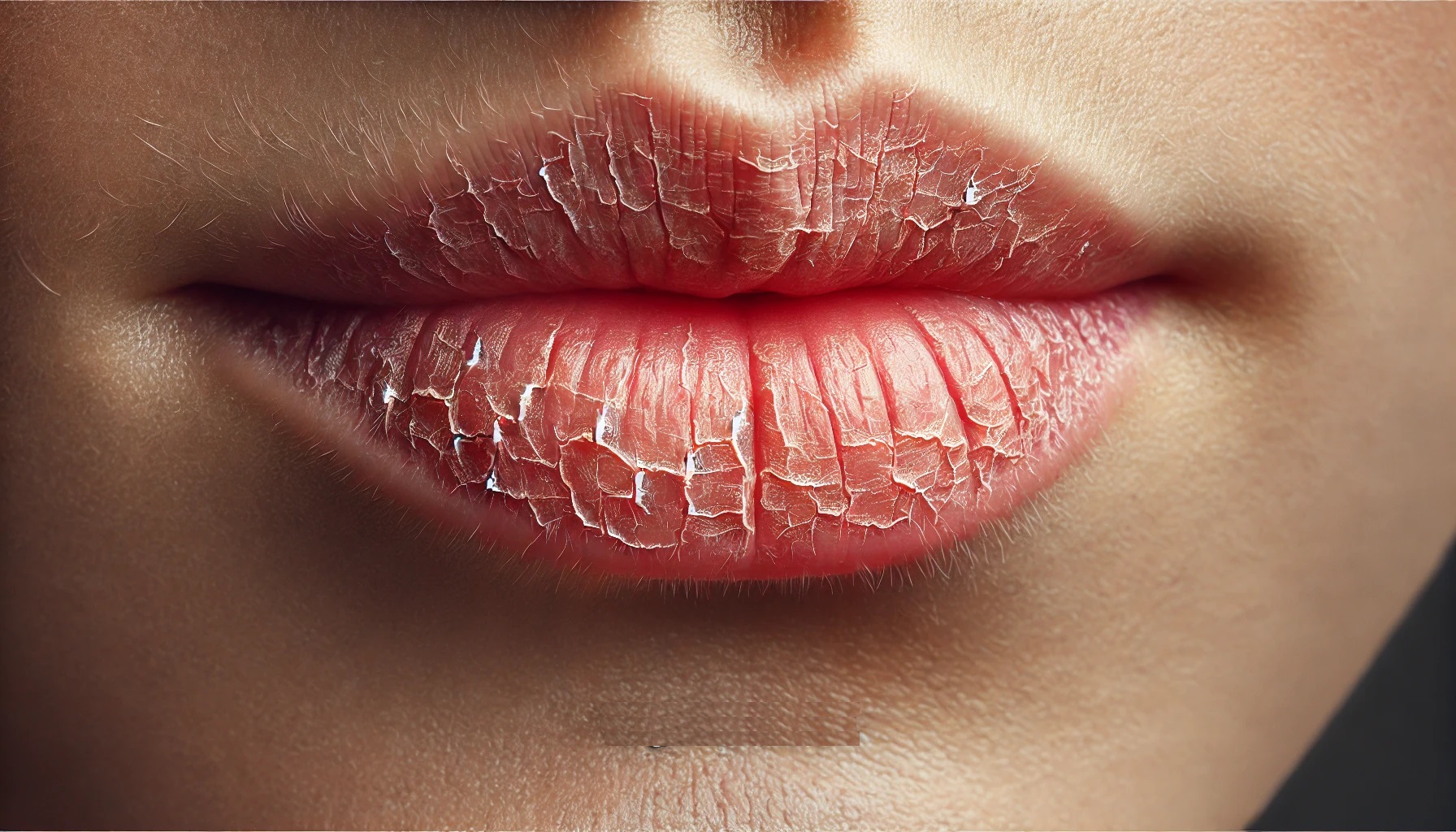This post was written with Consensus AI Academic Search Engine – please read our Disclaimer at the end of this article. Chapped lips can be effectively treated with a variety of methods, from over-the-counter lip balms to specialized medical treatments. Understanding the cause of chapped lips and choosing the appropriate treatment can lead to significant improvements in lip health and comfort.
By incorporating these research-backed treatments, individuals can find relief from the discomfort of chapped lips and maintain healthier, more hydrated lips.
Chapped lips, also known as cheilitis, can be an uncomfortable and persistent issue. This article explores various treatments and remedies for chapped lips, drawing on recent research findings.
Causes of Chapped Lips
Chapped lips can be caused by several factors, including environmental conditions, dehydration, and certain medications. Understanding the underlying cause is crucial for effective treatment.
Effective Treatments
Lip Balms and Moisturizers
Lip balms are a common and effective treatment for chapped lips. A study evaluating the efficacy of a plateau lip care balm found it significantly better than chlortetracycline eye ointment in treating cheilitis. The balm improved healing rates and satisfaction scores among users2. Another study highlighted the benefits of a novel lip cream designed to protect against environmental triggers such as UV radiation and dryness. This lip cream significantly decreased transepidermal water loss (TEWL) and increased lip moisturization, making it an effective daily-use product for preventing and treating chapped lips3.
Natural Remedies
Natural ingredients can also be beneficial. A clinical study on exfoliative cheilitis demonstrated the effectiveness of a lip balm made from lamb fat, lanolin, and various oils. This balm reduced pain, dryness, and the presence of flakes, showing significant improvement after just three visits5.
Medical Treatments
For more severe cases, medical treatments may be necessary. A study on the side effects of aromatic retinoid treatment for palmoplantar pustulosis noted that drying and chapping of the lips were common side effects. This suggests that while retinoids can be effective for certain skin conditions, they may exacerbate lip dryness and should be used with caution1.
Post-Surgical Care
In postoperative care, particularly after general anesthesia, aerosol inhalation therapy has been shown to alleviate symptoms of dry mouth and chapped lips. This method keeps the lips and mouth cavity moist, providing significant relief compared to traditional methods like wet gauze4.
Disclaimer
The content presented in this blog is generated by Consensus, an AI-powered academic search engine, and is based on publicly available scientific literature. While every effort is made to provide accurate, up-to-date, and well-researched information, the content is intended for informational and educational purposes only. It does not constitute medical advice, diagnosis, or treatment. Always consult a qualified healthcare professional before making any decisions regarding medical conditions, treatments, or medications. The AI system’s analysis may not cover all perspectives, emerging research, or individual cases, and it is not a substitute for professional expertise. Neither the blog publisher nor the developers of the AI-powered search engine are responsible for any actions taken based on the information provided in this content. Use of this information is at your own risk. Citations to the original scientific studies are included for reference, but these studies should be reviewed in full and interpreted with the guidance of a healthcare or research professional.
If you are experiencing a medical emergency, please seek immediate attention from a healthcare provider.
